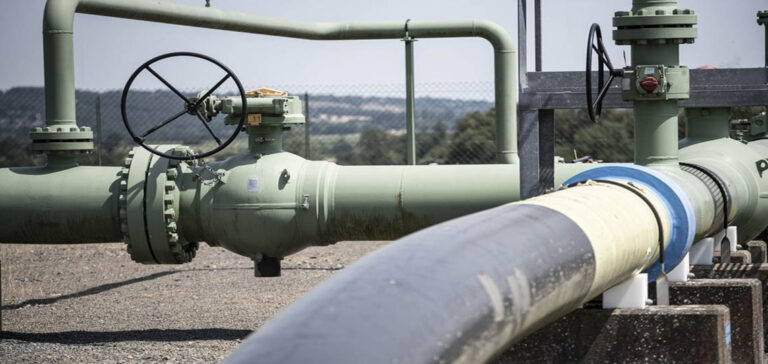France’s gas distribution tariffs will inevitably rise from July 1, 2024, according to the Commission de Régulation de l’Energie (Cre).
Impact on consumers
After a four-year period of relative stability, gas bills could rise by around 6.3% excluding tax for gas-heated customers if the energy regulator’s proposal is adopted. For users of gas for hot water and cooking, the increase would reach 11.3%, according to a press release issued by Cre.
This increase will affect all customers. The final decision on the amount of the increase will be taken “in early January”, following a public consultation open until November 20. The aim of this consultation is to gather the opinions of consumer associations and suppliers, as well as those of private individuals.
Reasons for the Increase
An increase in the distribution tariff is unavoidable because of the cost of maintaining the network. This is an industry characterized by fixed costs: whether you use a lot or a little gas, the cost remains constant. According to Cre, this is a decision based on mathematical calculations, not a desire to discourage the use of gas. In addition, a steadily shrinking customer base shares the network’s costs. These include increasing safety requirements and the cost of injecting biomethane.
La Proposition de la Cre
Cre’s proposal is to increase GRDF’s distribution tariff by 30% on July 1, 2024, followed by three years of increases at the rate of inflation. This proposal may change in response to feedback from the public consultation, suggesting that this progression should be smoother.
Final Analysis
In short, the increase in gas distribution tariffs in France is an unavoidable measure due to the decreasing number of consumers sharing the network’s fixed costs. It’s a decision based on mathematical calculations, and it will impact all gas users, whatever their offer. The public consultation currently underway will enable us to gather opinions and make any necessary adjustments to Cre’s proposal before it is implemented in July 2024.
As consumers, it’s important to understand the reasons behind this rate increase and to actively participate in the public consultation to make our voice heard. By understanding these issues, we can make informed decisions as consumers and help shape future energy policies.






















